KNIT MAGAZINE
- Yarn/Fiber
From Tradition to Innovation: The Story of Japanese Paper Yarn, Washi.

- Post date:
- April 1, 2024 01:39
- (Update: April 2, 2024 03:34)
KNIT MAGAZINE

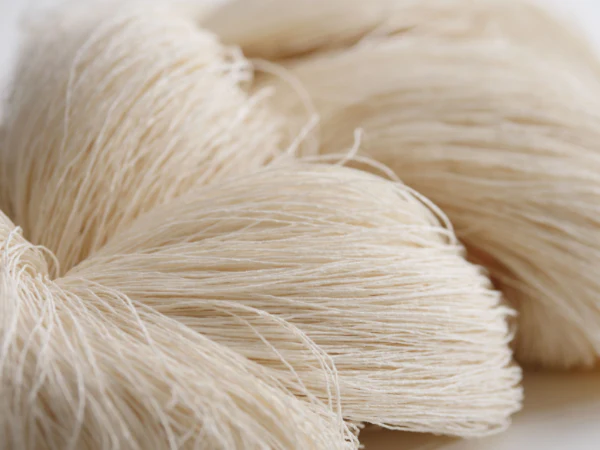
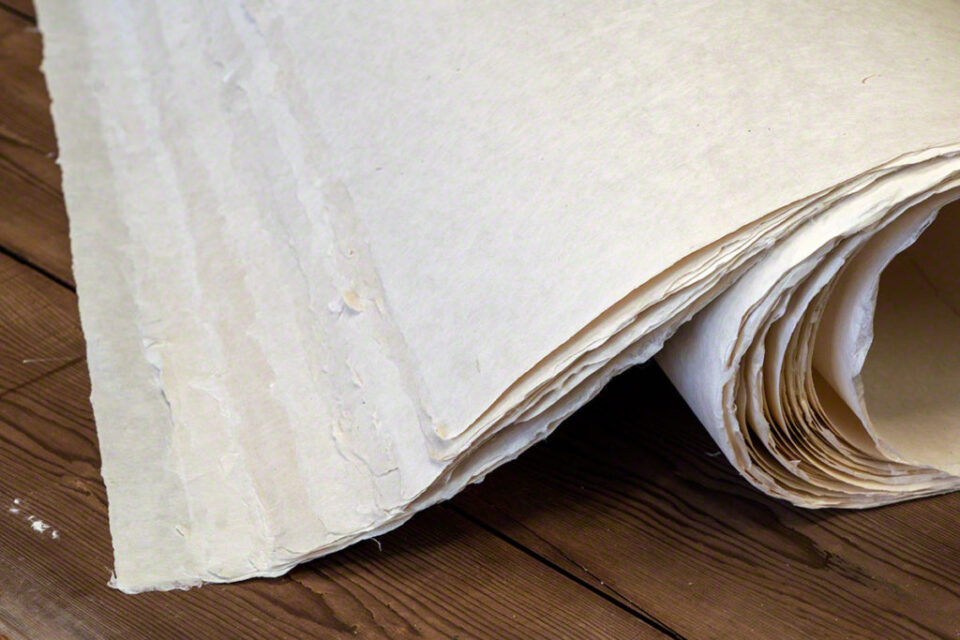
Washi (和紙) is traditional Japanese paper made using the fibers of various plants. It is admired internationally for its strength and look, and has for centuries been used for multiple purposes, including wrapping gifts and the manufacture of Shoji Screens.
It has a long history in Japan, dating back over 1300 years.
Table of Contents
It is made by moving a frame around a vat containing a chemical solution with wood pulp and water until a fibrous sheet sticks to the frame.
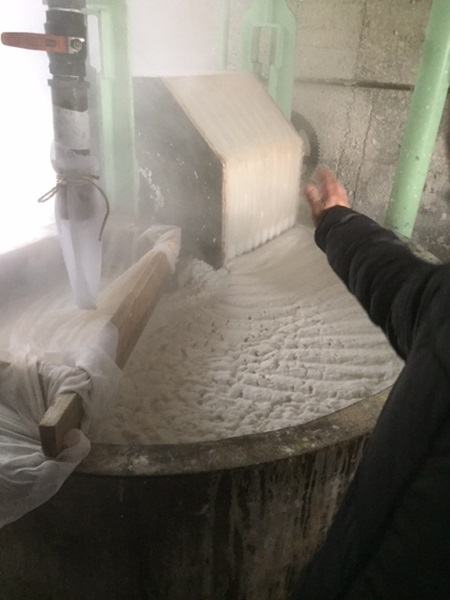

Following this, the sheet is removed and laid on a flat surface where participants can decorate their washi before it is left to dry.
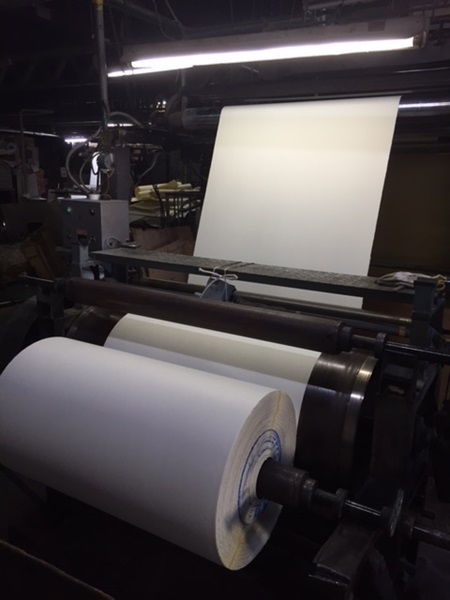
Once the Japanese paper sheets are made, they are slit thinly to create the shape of yarn. There are also yarns made from 100% Japanese paper, but they can also be twisted with other fibers such as cotton or viscose.
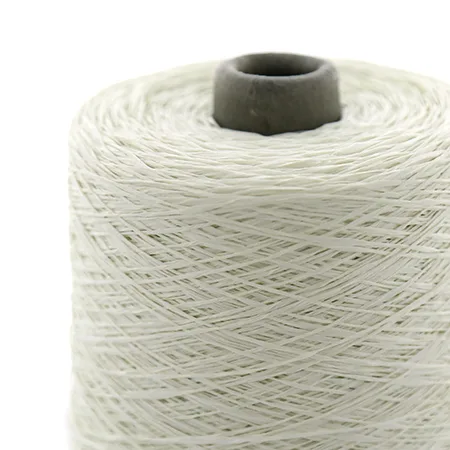
– Made from natural materials, making it durable
-Lightness
– Absorbent
– UV resistant
– Excellent for antibacterial and deodorizing properties
– Eco friendly
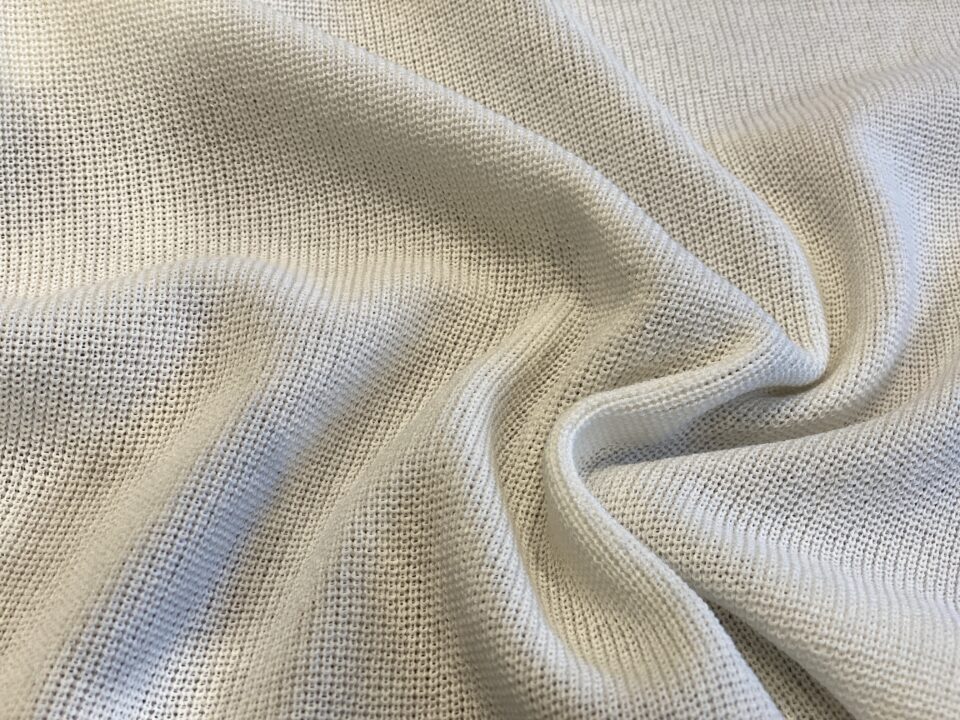
While Japanese paper yarn often carries the perception of a stiff texture, its texture can be adjusted during the finishing process after dyeing. Whether aiming for a dry touch or a softer finish, the method of adding softener can be adjusted accordingly.
Due to its low stretchability, Japanese paper yarn may break under stress during knitting. This issue can be resolved by moistening the yarn before knitting. Additionally, it’s important to consider the knitting structure. Jersey stitch is suitable for Japanese paper yarn, while double-knit rib or tuck stitches may exert too much stress on the yarn during knitting and might not be suitable.
Japanese paper yarn represents a traditional type of yarn. We would be delighted if you enjoy planning garments with paper yarn while understanding its characteristics. If there’s anything we can assist you with, please feel free to contact us via the inquiry form.
Subscribe Now
To receive the latest updates and insights, subscribe to our newsletter.
Contact Us
For further inquiries regarding this article, please feel free to contact us.